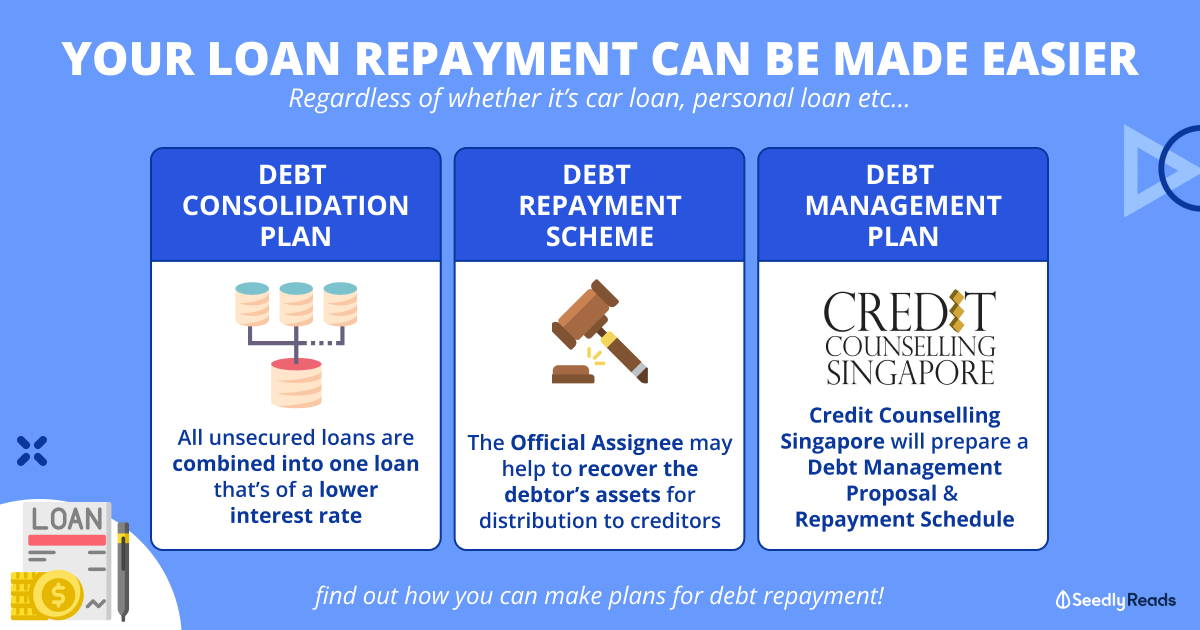Expert Tips and Strategies for Applying an Effective Financial Obligation Management Strategy
When it comes to navigating the intricacies of financial debt management, having a well-thought-out strategy is crucial for achieving economic security. From evaluating your present economic standing to negotiating with creditors, each step plays a critical function in forming an effective debt management plan.
Evaluating Your Current Financial Situation
Before embarking on a financial debt monitoring plan, it is important to completely assess your current financial standing. Understanding your economic scenario is the fundamental action towards effectively managing and lowering your financial debt. Begin by putting together a comprehensive list of all your financial obligations, including outstanding equilibriums, rate of interest, and minimum month-to-month repayments. This will provide a clear overview of the level of your monetary obligations. In addition, examine your income resources and month-to-month costs to determine your non reusable income offered for financial debt settlement.

Creating a Realistic Budget
Comprehending your present economic circumstance lays the groundwork for developing a realistic spending plan that straightens with your financial obligation management goals and monetary capacities. When developing a budget plan, it's vital to properly track your revenue, costs, and financial obligation commitments. By categorizing your expenses, you can identify locations where you might need to reduce back to release up funds for debt settlement.

Prioritizing and Dealing With Financial Debts
To successfully gain back control of your funds and job in the direction of economic security, prioritizing and tackling your debts is a vital step in your financial obligation administration strategy. Recognize high-interest financial debts that are costing you the most cash and focus on paying them off.
After identifying your high-interest financial obligations, consider making use of methods like the financial obligation snowball or financial obligation avalanche technique to pay them off systematically. The financial debt snowball technique entails paying off the smallest financial debts initially, while the financial obligation avalanche technique prioritizes financial debts with the highest possible rate of interest. Select the technique that lines up finest with your financial objectives and encourages you to maintain making development.
In addition, think about negotiating with lenders for reduced rate of interest or establishing a settlement plan if you're battling to satisfy your existing obligations. Seeking assistance from a credit history counselor or economic consultant can additionally provide useful understandings and assistance on exactly how to effectively tackle your financial obligations - debt management plan services. By see page focusing on and resolving your her response debts tactically, you can lead the way towards a debt-free future and boosted financial wellness
Discussing With Financial Institutions
When engaging in financial debt monitoring, negotiating with creditors is a crucial step towards locating equally helpful options for financial obligation payment. Before launching arrangements, it is crucial to have a clear understanding of your financial situation, including your revenue, costs, and the total quantity of financial obligation owed.

Structure Healthy And Balanced Monetary Behaviors
Integrating regular budgeting methods is vital for growing healthy economic habits. Budgeting enables people to track their income and costs, allowing them to make informed decisions regarding their financial top priorities. Setting specific economic objectives, such as saving for emergencies or retirement, can supply a clear roadmap for taking care of money efficiently.
One more trick facet of building healthy and balanced financial practices is living within one's ways. This entails spending less than what is earned and preventing unneeded financial debt. Differentiating and embracing a penny-wise frame of mind between requirements and wants can assist individuals make more prudent investing selections.
Routinely reviewing financial statements and monitoring credit report reports are vital practices that advertise monetary understanding and obligation. By remaining informed concerning their monetary standing, people can recognize possible problems early and take positive actions to address them.
Additionally, establishing a financial savings habit, despite tiny amounts, can add considerably to long-term economic security. Saving regularly not only develops a financial padding for unforeseen costs yet additionally promotes a sense of discipline and obligation in the direction of cash management. By consistently exercising these habits, people can lay a strong structure for a steady financial future.
Verdict
In final thought, applying a successful financial debt monitoring strategy needs a thorough evaluation of one's financial scenario, the advancement of a reasonable spending plan, focusing on and taking on financial debts, bargaining with lenders, and building healthy monetary habits (debt management check that plan services). By adhering to these expert suggestions and methods, individuals can take control of their financial resources and work towards achieving monetary security and liberty from financial debt
Comprehending your current economic situation lays the foundation for developing a practical spending plan that lines up with your financial debt management objectives and financial capabilities.To successfully gain back control of your financial resources and job in the direction of economic stability, prioritizing and tackling your debts is an essential action in your financial obligation management plan.After identifying your high-interest debts, take into consideration making use of approaches like the debt snowball or financial obligation avalanche approach to pay them off methodically. The financial debt snowball approach involves paying off the smallest debts initially, while the financial obligation avalanche approach prioritizes financial debts with the highest possible passion prices.When engaging in debt management, negotiating with lenders is an essential action in the direction of locating mutually useful solutions for financial debt settlement.